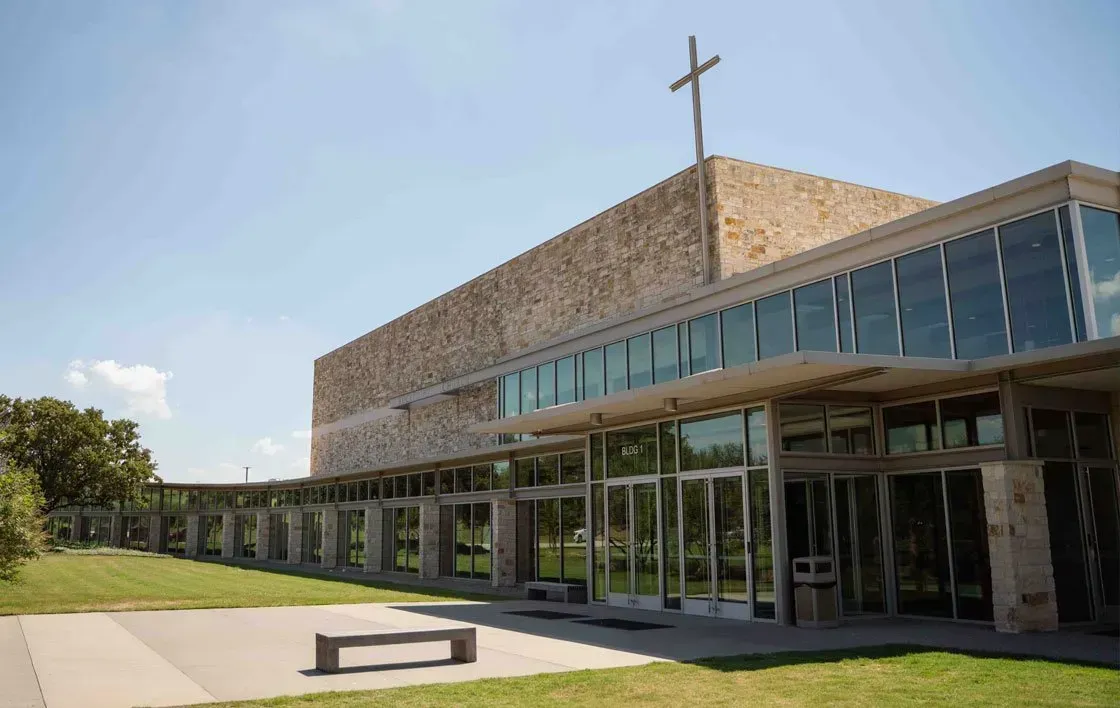Learning the Peace (and Power) of God

Rejoice in the Lord always; again I will say, rejoice.– Philippians 4:4
 From keychains to coffee mugs, we’ve all seen that verse several times. We’ve probably recalled it for our encouragement or sent it to friends for theirs. But how? How do we always
rejoice? When the report from the doctor isn’t what we hoped? When the bank balance isn’t what we need it to be? When the job situation isn’t good? When the relationship isn’t healthy? When our kids are making destructive choices? How do we rejoice when we don’t see anything positive in our circumstances?
From keychains to coffee mugs, we’ve all seen that verse several times. We’ve probably recalled it for our encouragement or sent it to friends for theirs. But how? How do we always
rejoice? When the report from the doctor isn’t what we hoped? When the bank balance isn’t what we need it to be? When the job situation isn’t good? When the relationship isn’t healthy? When our kids are making destructive choices? How do we rejoice when we don’t see anything positive in our circumstances?
According to Paul, whose life is a guide to us in this very matter, it starts with remembering who we are and where we belong. Hint: it’s not here. Looking back to Philippians 3:20, Paul reminded us that this world is not our home. We’re not meant for this place. Our citizenship is in Heaven. We’re just here as visitors and ambassadors. The things that happen here shouldn’t make sense to us, and shouldn’t always feel right to us, because, for the Christ follower, this is foreign soil.
Paul points that out, and then in Philippians 4:1, Paul begins with the word, “therefore.” So he’s saying with that truth in mind (the fact that this isn’t our home), here’s what we do next. We stand firm. Well, glad you cleared that up, Paul. That will be easy. Just think of home (Heaven) and stand firm, and rejoice. Got it.
But if we keep reading, Paul gives us a little more insight – insight that can be listed as Thanking, Thinking, and Practicing , which will lead us to Rejoicing .
Thanking: One thing that stands in the way of rejoicing is being anxious. But Paul tells us not to be anxious. He tells us instead in everything by prayer and supplication with thanksgiving let your requests be made known to God. (Phil. 4:6)
Approaching our situation by praying to God, sharing our need, and giving thanks — this follows the ACTS model that is often taught in studies of prayer: Adoration, Confession, Thanksgiving, and Supplication. We should approach God in a state of adoration (also called praise) and confess our need to Him (the He is God, and we are not, and we are wholly dependent on Him). We should follow that with thanksgiving, thanking God for what He has done and what He is going to do. And then we move to supplication – humbly and earnestly asking God to provide what we need, or want. It’s in this mindset that anxiety is diminished – when the peace of God, which surpasses all understanding, will guard your hearts and your minds in Christ Jesus(Phil. 4:7) . As peace is present and anxiety is diminished (which happen as a result of our thanksgiving) our capacity for rejoicing increases, moving us one step closer to our goal of rejoicing always.
Thinking: In verse 8, Paul tells us how to think: Finally, brothers, whatever is true, whatever is honorable, whatever is just, whatever is pure, whatever is lovely, whatever is commendable, if there is any excellence, if there is anything worthy of praise, think about these things . Rather than focusing on the problems in our lives or the elements of our circumstances that are discouraging, we’re told to turn our eyes to other things. Practically speaking, we should turn our thoughts to the gospel, which is all of these things. Or to our thankfulness for the power of God, or the beauty of Christ, or the hope of our future thanks to our salvation. If our thoughts are on things relevant to one whose citizenship isn’t on this earth, we’ll be much more focused on the hope Christ brings, and that will greatly increase our ability to rejoice. It’s easier to rejoice in all circumstances when our thoughts are not focused on our temporary circumstances, but on eternal truths about almighty God.
Practicing: Paul points the people of Philippi to the things they have learned. What you have learned and received and heard and seen in me—practice these things, and the God of peace will be with you (verse 9). The use of the word “learned” tells us this wasn’t an instant process for Paul, and it won’t be for us. That’s why we have to practice. Paul wants us to practice doing the things we’ve seen him do, which are the things God’s word instructs us to do. Three key things to practice are forgiveness, faith, and contentment.
Earlier in the passage, Paul mentioned Euodia and Syntyche. These two women who were known to be strong Christians, laborers with Paul and the church, were in a disagreement. He’s urging the church to help the ladies come to a place of forgiving one another. A lack of forgiveness will lead to a lack of peace and an inability to rejoice. Faith and contentment are also key disciplines to practice if we want to live a life of rejoicing. Those go hand in hand with remembering we’re citizens of Heaven and trusting God that we are indeed who we are supposed to be, and we are where we are supposed to be– trusting His sovereignty in this ambassadorship to earth. Paul’s words in verses 11 through 13 provide an excellent example of this: for I have learned in whatever situation I am to be content. I know how to be brought low, and I know how to abound. In any and every circumstance, I have learned the secret of facing plenty and hunger, abundance, and need. I can do all things through him who strengthens me.
When we follow Paul’s example practicing faith and contentment, we’re able not just to do all things, but to rejoice in all things – to sing and pray and praise in any circumstance as our heart overflows with joy. When we’ve learned to do that, we’ve taken hold of the peace and power of Christ, and our lives will give testimony to that power within us.
ABOUT ROCKPOINTE CHURCH
RockPointe strives to provide a welcoming, family-friendly environment where people of all walks of life encounter the transforming power of a relationship with Jesus.
You will find RockPointe to be a place of imperfect, but genuine and authentic people seeking to glorify Jesus with their lives. Our hope is to point to the empowering grace of Jesus that transforms people to become impactful disciples for the kingdom of God.
The worship music is modern in style and highly gospel-centered in content. People are encouraged to passionately worship Jesus in “spirit and truth.” At RockPointe we value singing songs that are Christ-exalting and theologically rich.
We hold the Scriptures in high regard as the final authority in a person’s life. Messages at RockPointe are Christ-centered and will provide great insight as to what the Bible teaches about living your life for the glory of God. There is also a Family Room for parents to observe the services even while attending to their family needs.
Learn more about who we are here >>





